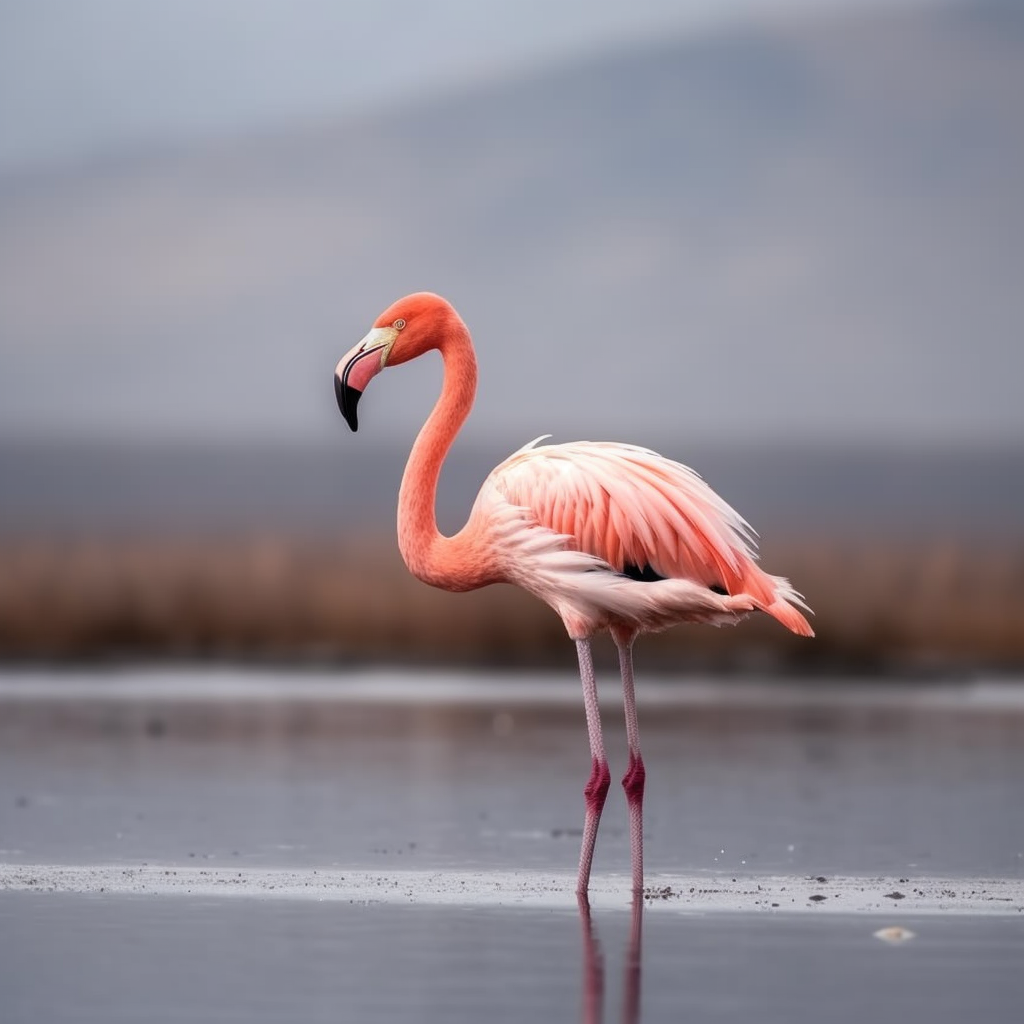June 27, 2024
Saving Flamingos – Sustainability and Climate Resilience at Lake Natron
Book a Demo
Lake Natron, a serene oasis located in the heart of Tanzania, is renowned for its vibrant pink flamingo population that numbers in the millions. However, this vital habitat is currently under severe threat from human activities and the effects of climate change.
The lake’s water levels and salinity play a critical role in flamingo nesting. However, these key elements are being disrupted by a variety of factors including agriculture, pollution, and climate change. This alteration of the lake’s natural balance has made it increasingly difficult for flamingos to thrive in their native habitat.
Further highlighting the escalating threats to Lake Natron’s ecosystem, a soda ash extraction project was proposed in 2006. This mining activity could potentially force flamingos to abandon the area completely, resulting in a significant loss of biodiversity.
Recognizing the imminent danger to their local ecosystem, communities around Lake Natron have commenced efforts to educate about sustainable water practices. Their goal is to protect the flamingo population while also balancing human-wildlife needs.
This struggle is not limited to Lake Natron. Flamingos across Africa’s Great Rift Valley are facing similar threats, making them important indicators of environmental health. Their plight highlights the broader ecological implications of human activity and climate change.
Climate change has already begun to disrupt the habitat of the world’s largest migratory bird colony at Lake Natron. Frequent flooding and prolonged dry seasons have made the area increasingly inhospitable for the flamingos.
The changing salinity and water levels are also impacting the growth of algae, a primary food source for flamingos. This has led to a worrying decline in their population, further emphasizing the need for urgent conservation efforts.
In its 2024 report, the World Economic Forum underscored the necessity for improved access to and affordability of energy in sub-Saharan Africa, despite the region facing significant equity challenges. This serves as a reminder that the issues affecting Lake Natron are interconnected with broader socio-economic factors across the continent.
The plight of Lake Natron’s flamingos underscores the urgent need for sustainable practices and climate resilience. The survival of these distinctive birds is not only critical for maintaining biodiversity but is also a bellwether for the overall health of our planet.
Science4Data is committed to cut through greenwashing and measure real impact. Join the journey to a sustainable future. Your actions matter.



